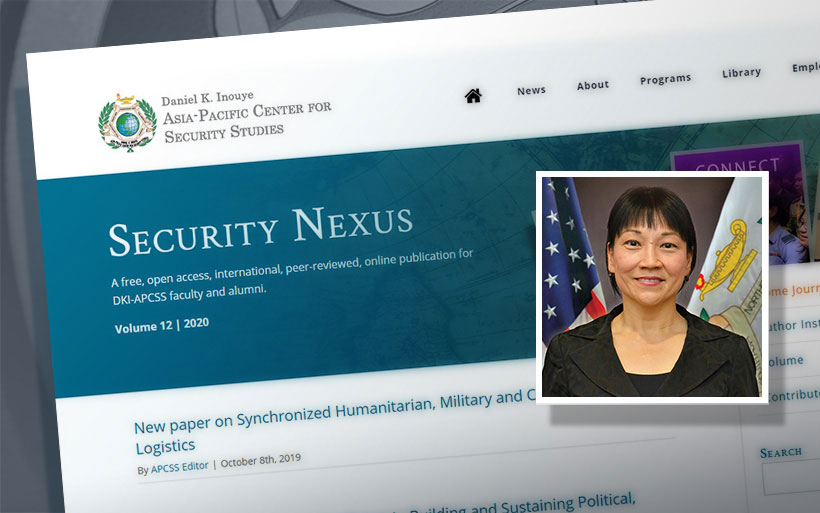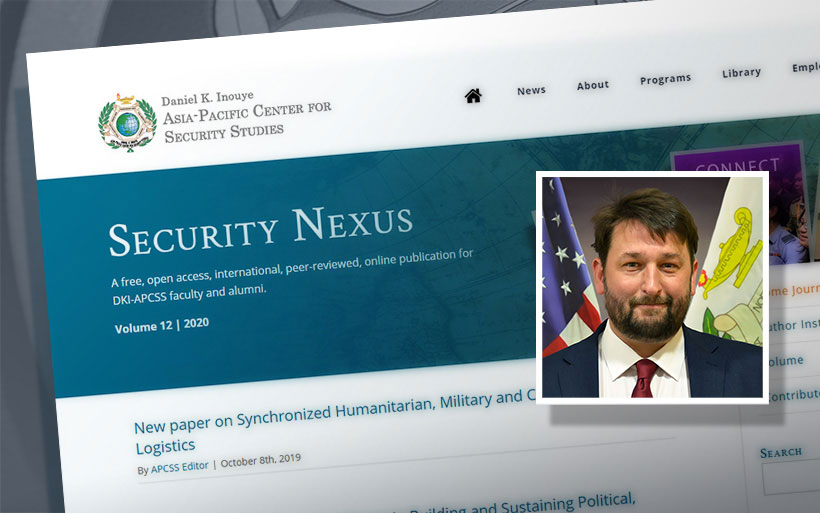Incremental Community-Based Exit Strategies for Initiating and Removing Covid-19 Lockdowns
“Incremental Community-Based Exit Strategies for Initiating and Removing Covid-19 Lockdowns” is the latest Security Nexus Perspective published by the Daniel K. Inouye Asia-Pacific Center for Security Studies. Authored by Dr. Benjamin Ryan of Baylor University, Damon Coppola of Shoreline Risk LLC, and Dr. Deon Canyon of DKI APCSS, the paper discusses having community-based incremental approach to the easing of lockdowns, tailored to demographic and social stratifications of risk. Here is an excerpt from their paper: “ Social restrictions implemented during epidemics must strike a balance between cost and benefit. While disaster management is a discipline marked by uncertainty, and practitioners always [...]








